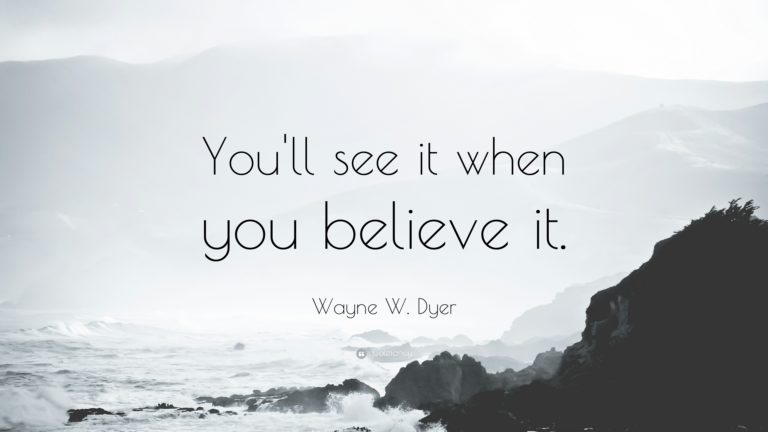The Social Values – And Their Opposites

In the rush of life that is the modern world, dominated as it by economic concerns and the quest for more and better things, the social values that make life worth living have been lost. I speak here of civility, family and friendship.
Let’s start with civility. In a modern, cosmopolitan world most people we interact with are inevitably strangers or acquaintances. The basic civilizational value in these sorts of relationships is civility. You’re not going to have deep and intimate relationships with everyone in the world. But ideally we can all get along and treat each other decently and with respect.
The basic attitude here is of respecting each person’s pursuit of their own interests and values while at the same time pursuing one’s own. It includes things like politeness, saying “Please”, “Thank You” and “You’re Welcome”, holding the door for an older person, letting someone merge in traffic, etc.. The opposite is incivility, a feeling that only one’s own life and interest matter, not other people’s. For example, the guy who sped around me at the intersection last night was acting in an uncivil matter – at best. He clearly had no concern for my need to make a left turn, only a sense of entitlement to be unobstructed by anyone else in doing what he wanted to do. When everyone acts this way, you have a war of all against all that makes life miserable – or at least unpleasant – for everyone.
Beyond civility, there is need for deeper and more intimate relationships. The most basic of these is family. Children need love and support for a long time to grow into capable adults. When parents divorce or are too selfish, children suffer. And adults need a partner in life to share responsibilities and burdens with. This is the role of a good spouse. Without family, we are all isolated social atoms, completely self-sufficient – and this is a difficult and unhappy way to live.
The highest social relationship between two people is friendship from the Greek Philia. Aristotle distinguished between three types of friendship: friendships of utility, friendships of pleasure and friendships of virtue. Friendships of utility are business relations. I do this for you, you do that for me. For example, a business referral relationship between an investment advisor and an accountant. I refer clients to you, you refer clients to me. There is nothing wrong with this type of relationship but it is purely self interested. The parties may like each other because of what each one does for the other, but not in themselves. Friendships of pleasure are similar. Friends with benefits between a man and a woman is a prime example. Again, there is nothing wrong with this type of relationship. Each person gets pleasure from the other and that’s the basis of the relationship. But the concern – again – is mostly self interested; “What can you do for me?”
The highest form of relationship between two people are friendships of virtue. This is the partnership of two high quality people in the pursuit of excellence, meaning and fulfillment. Each person includes the other’s well being within his own and it is therefore a genuine partnership in pursuit of the higher things in life. While such relationships are exceedingly rare, they are the highest and most satisfying form of intimacy between two human beings.
My claim is that in our pursuit of more and better things, we have lost sight of the social values that could bring us true fulfillment. Instead of civility, we have incivility. Instead of family, we have social atomism. Instead of friendships of virtue, we have friends with benefits. This is a deformation of human life – and I sometimes wonder if many of us have any idea of what is missing.


